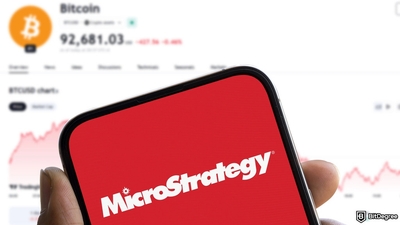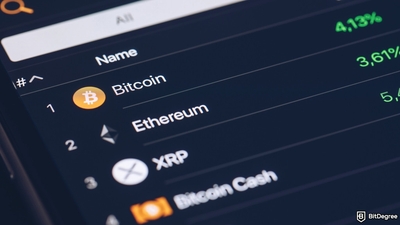Free Airdrop Season 7 is LIVE! Answer fun questions or do simple tasks to earn rewards from the $30K BitDegree prize pool. Participate Now ! 🔥
DeFi Aggregator 1inch Network Rolls Out a Major Upgrade, Dubbed Fusion
1inch Fusion upgrade allows customers to “place orders with a specified price and time range, paying no network fees.”
1inch Network, a decentralized finance (DeFi) aggregator established in 2019, had launched an upgrade named Fusion.
According to the announcement shared on December 25th, the upgrade focuses on improving the profitability and security of 1inch Swap Engine.

Did you know?
Subscribe - We publish new crypto explainer videos every week!
5 Best Crypto Portfolio Diversification Strategies (Animated Explanation)


In the announcement, 1inch Network stated that the newest update allows DeFi users to “place orders with a specified price and time range, paying no network fees.” Nevertheless, the Fusion upgrade added major improvements to staking contracts, security and tokenomics.
On top of that, the company highlighted that its Fusion mode was built on 1inch Aggregation Protocol and Limit Order Protocol.
When talking about the news update, 1inch Network co-founder Sergej Kunz stated:
Fusion makes swaps on 1inch dramatically more cost efficient, as users won’t have to pay network fees, plus, an extra layer of security is added, protecting users from sandwich attacks.
In the blog post, 1inch Network revealed that in Fusion mode, users can choose between three options: fast, fair, and auction.
With the fast option, users are willing to take a “less desirable rate” to have their swaps completed within the first few blocks. On the other hand, the fair option offers users a longer execution time but a more desirable rate. Lastly, by choosing the auction option, users agree “to wait for the maximum expiration time (10 min)” to receive “the most favourable rate for their trade.”
1inch Network stated that its Fusion mode protects investors against the maximum extractable value (MEV). In a nutshell, MEV refers to how much profit crypto miners can make by “manipulating the transactions involved in block production.”
On top of that, 1inch Network revealed that its Fusion mode is available on Polygon, Ethereum and BNB Chain. The company highlighted that, eventually, it hopes to activate Fusion mode on all networks.























